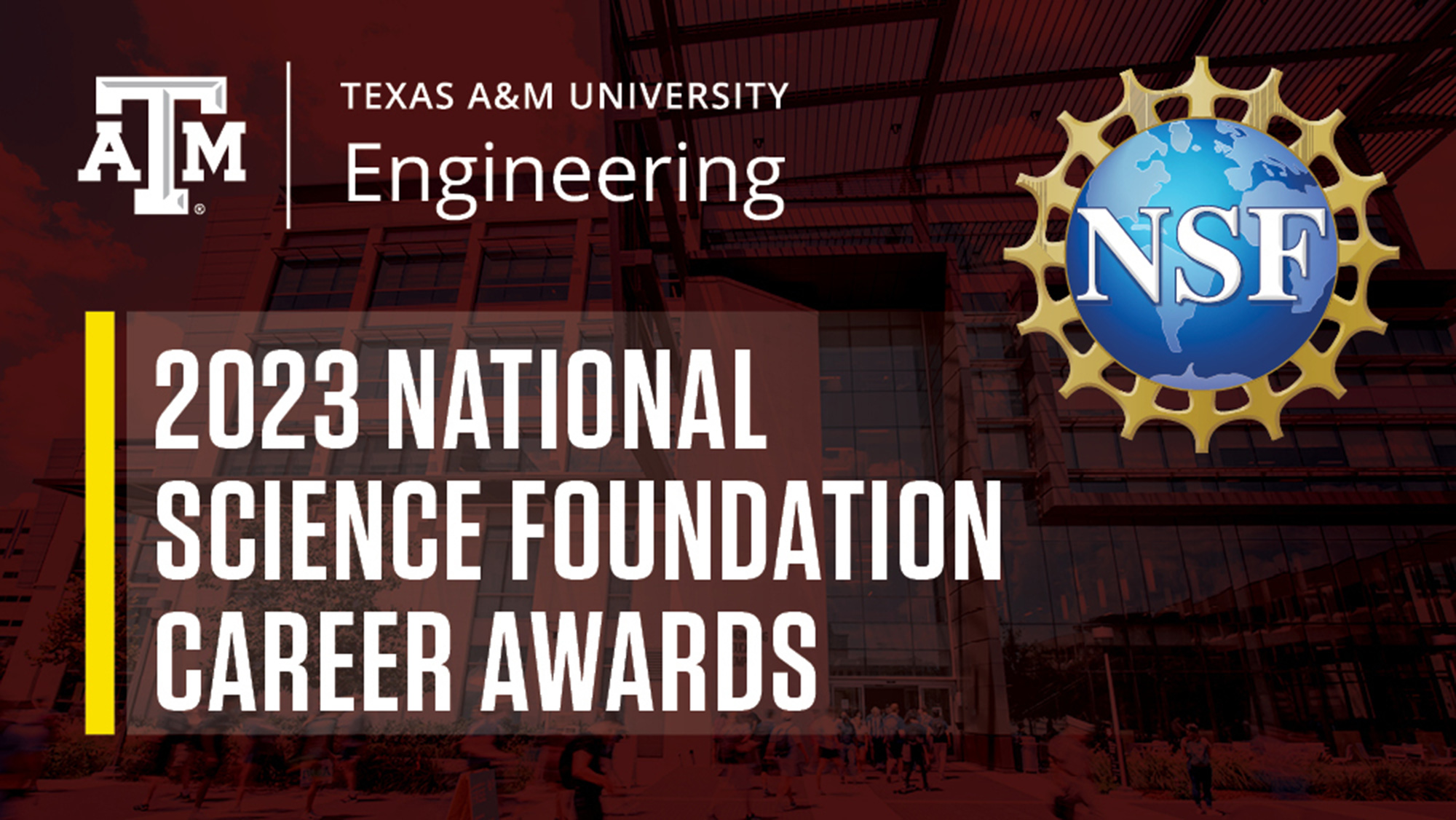
Addressing seafood supply chain challenges. Using game theory to examine how strategic decision-making impacts the well-being of others. Streamlining 3D image generation. Controlling the mixing of supercritical liquid fuel injection. Investigating light-absorbing compounds in water bodies. Enhancing machine learning for safety-critical domains. Predicting novel material failures, deformations and fractures. Developing a data-centric fairness framework for machine learning.
These are the potential impacts of research by eight Texas A&M University College of Engineering faculty who received Faculty Early Career Development Program (CAREER) Awards in 2023 from the National Science Foundation (NSF).
The NSF CAREER program assists early career faculty members with the potential to serve as academic role models in research and education. The aim is for these faculty members to lead advancements in the mission of their department or organization. The activities undertaken by early career faculty are anticipated to establish a solid foundation for long-term leadership in integrating education and research.
Annually, the NSF awards approximately 500 CAREER grants, totaling around $250 million, to early career faculty across various U.S. institutions of higher learning, museums, observatories, research labs, professional societies and similar organizations engaged in research or educational activities.
This year’s recipients include:
Dr. Yanling Chang
Assistant Professor
Department of Engineering Technology and Industrial Distribution
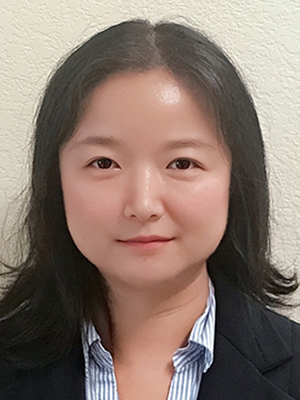
Chang will use her CAREER award to develop a novel methodology integrating structural estimation, optimization and integrated analysis techniques to tackle challenges in the seafood supply chain. This is crucial to the United States as a significant seafood consumer.
Chang's research focuses on developing sustainable and practical strategies for managing the population dynamics of fishery resources and combating illegal, unreported, and unregulated fishing, particularly in situations with imperfect information. The significance of the research process to achieve these objectives is equally emphasized.
Dr. Ceyhun Eksin
Assistant Professor
Wm Michael Barnes ’64 Department of Industrial and Systems Engineering
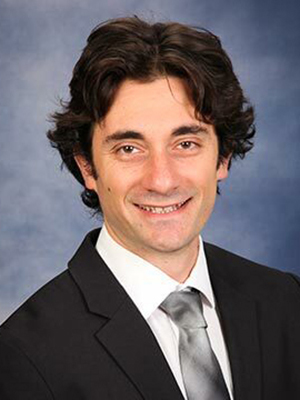
Eksin's project will center on game theory, specifically examining how individuals' strategic decision-making impacts the well-being of others.
Eksin's analysis will focus on the theory of the Tragedy of the Commons, in which individuals, driven by self-interest, deplete resources without incentives or coordination. Eksin aims to investigate the impact of population behavior on commons (environmental resources), exploring the occurrence and prevention of tragedies through interactions between individuals and their environment.
Dr. Nima Kalantari
Assistant Professor
Department of Computer Science and Engineering
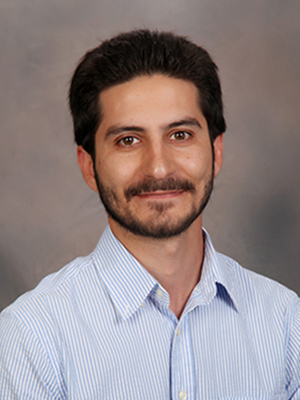
Kalantari aims to use his CAREER award to streamline the process of generating photorealistic 3D images. Creating lifelike images is complex due to the dynamic nature of light, which alters the appearance of an image. This phenomenon, experienced daily by the human eye as light reflects off various surfaces, poses challenges in computer-generated images.
To achieve photorealism, a computer must simulate the real-world flow of light by tracing rays in reverse — from the camera, bouncing off surfaces, to the light source. This intricate process demands extensive time and energy, involving millions of calculations. Kalantari's research seeks to enhance efficiency and accelerate this computational process.
Dr. Dorrin Jarrahbashi
Assistant Professor
J. Mike Walker ’66 Department of Mechanical Engineering
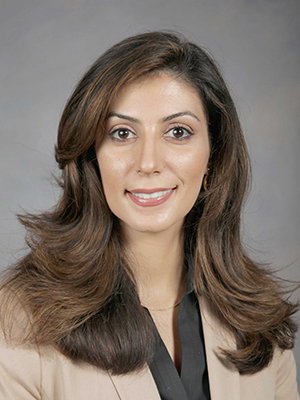
Jarrahbashi is investigating a novel method for predictively controlling the mixing of supercritical liquid fuel injection, potentially revolutionizing the performance and efficiency of engines powering various vehicles, from automobiles to hypersonic jets.
She will address the challenges of understanding droplet breakup at supercritical conditions, where conventional distinctions between liquid and gas phases no longer apply. The research employs molecular dynamics, direct numerical simulation and high-speed experimental measurements to tackle this. The outcomes of this study could pave the way for a new era of high-speed liquid-fueled propulsion systems, offering improved speed and efficiency compared to current standards.Dr. Garrett McKay
Assistant Professor
Zachry Department of Civil and Environmental Engineering
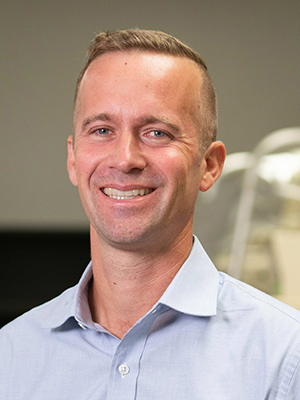
McKay plans to utilize his CAREER award to explore the chemical composition of light-absorbing compounds, known as chromophores, within dissolved organic matter. This matter is present in all water bodies on Earth, encompassing both salt and freshwater.
The investigation will focus on understanding the structure of chromophores—the group of atoms responsible for color in dissolved organic matter. This knowledge is crucial as chromophore structure plays a significant role in critical processes within aquatic systems, including elemental cycles, contaminant attenuation, and ocean productivity.
Dr. Guni Sharon
Assistant Professor
Department of Computer Science and Engineering
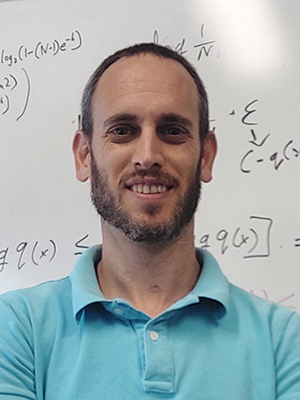
Sharon aims to enhance the effectiveness of machine learning in safety-critical domains like traffic control signals and autonomous vehicles using his CAREER award. This involves studying and developing algorithmic combinations of supervised and reinforcement learning.
In safety-critical areas like traffic signal controls and autonomous vehicles, the application of machine learning holds significant potential for improvement. The overarching goal is to enable machine learning to learn from existing controllers, enhance safety and effectiveness and surpass current performance standards.
Dr. Justin Wilkerson
Assistant Professor
J. Mike Walker ’66 Department of Mechanical Engineering
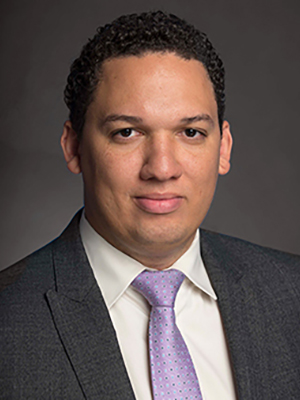
Wilkerson will use this CAREER award to predict the deformation, failure and fracture of novel materials. This work is vital for advancing technologies like hypersonic aircraft and nuclear fusion reactors.
Wilkerson aims to address the challenge of accurately predicting material failures by developing an all-scale continuum modeling framework. Unlike traditional methods, this framework preserves fine-scale fluctuations at the atomistic and microscopic levels, providing a more thorough understanding of material behavior. This advancement enhances safety in applications spanning energy, transportation, defense and space sectors.
Dr. Na Zou
Assistant Professor
Department of Engineering Technology and Industrial Distribution

Zou aims to create a data-centric fairness framework by incorporating various aspects of standard data mining practices. The goal is to minimize bias, enhance data quality and optimize modeling processes for machine learning.
Machine learning has broad applications in healthcare, public services, education and employment sectors. However, it introduces challenges related to data bias, which can lead to discrimination against specific individuals or groups. Fairness in machine learning involves addressing algorithms' inherent or amplified bias through appropriate methods or algorithms.